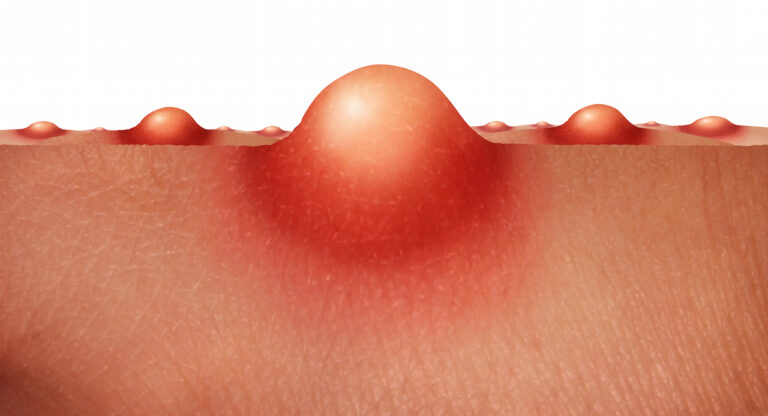What is a back boil or furuncle? How does boil or abscess on the human back look like? Who is vulnerable to having them? What can I do to hasten the relief if have them? If you don’t know causes, symptoms, treatments and home remedies to get rid back boils, don’t panic. We will unmask all the information concerning them. We also have coverage on large and reoccurring boils on the back as well as when they occur in babies.
Meaning and how they form
Boils in the medical context are localized infection involving hair follicles and the surrounding tissue. They begin as a red lump and then get filled with pus as the body’s white blood cells fight the bacteria that triggered the infection. The lumps then increase in size and become very painful. If these boils cluster together, they are called carbuncles.
A fully developed one will be accompanied by the formation of a head or pus-filled bump. We usually refer to pus enclosed under the skin as an abscess. An abscess can grow anywhere in the body i.e. this skin abscess can grow in any part of the body including the back area. Other places include the face, armpit, thigh, buttocks, neck or any other body part having hair follicles.
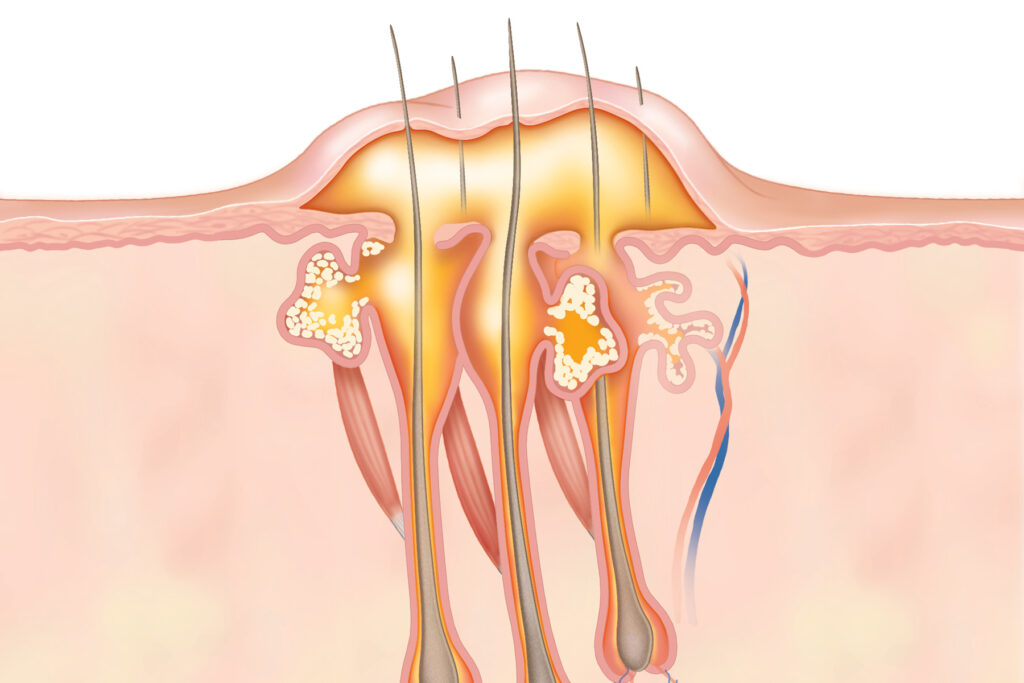
There are various types of boils on skin i.e. carbuncle, sty, pilonidal cyst, and cystic acne and hidradenitis suppurativa.
You should also get it clear they can affect anybody regardless of gender, age or race but, some persons can be more vulnerable than others, for instance, those with a weak immune system are more susceptible. Again, the causes of back boils may be specific to men, women or babies.
What we must also bear in mind is that boils can originate from the back and spread to underarm, neck, and breast and to the head. The opposite is also true; they can originate from these areas and move on the back.
What causes boils on the back?
Boils are a common problem for many people and they are generally caused by bacteria known as Staphylococcus aureus. Other types of bacteria and fungi can also lead to the same snag. The infection can grow deeper into the skin when the hair follicles are damaged. Some causes may lead to mild symptoms while others may trigger severe symptoms.
Knowing the underlying is very crucial since this will help you in finding the right and proper treatments for the boils. Below are the most frequent causes:
1) Ingrown hair
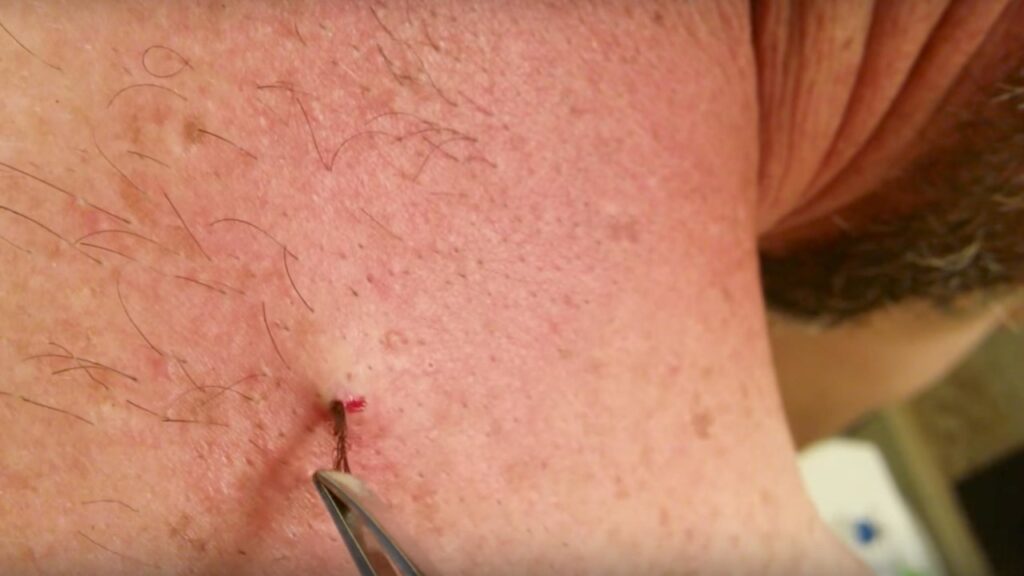
When hair grows horizontally under the skin or the naturally coarse and curly hair grows back to the skin, they usually tend to clog the pores. This leads to accumulation of the excess sebum clogging the pores and hence inviting the growth of Staphylococcus bacteria. This will lead to occasional or reoccurring boils on the body.
2) Other diseases
Some diseases such as HIV/AIDs or diabetes or kidney failure usually weaken our immune system, therefore, minor skin infractions have the chance of getting infected, resulting in boils. Disease such as hypogammaglobulinemia is known to lower the production of body antibodies. This increases the chances of developing them on the skin that is likely to be recurrent.
3) Clogged skin pores
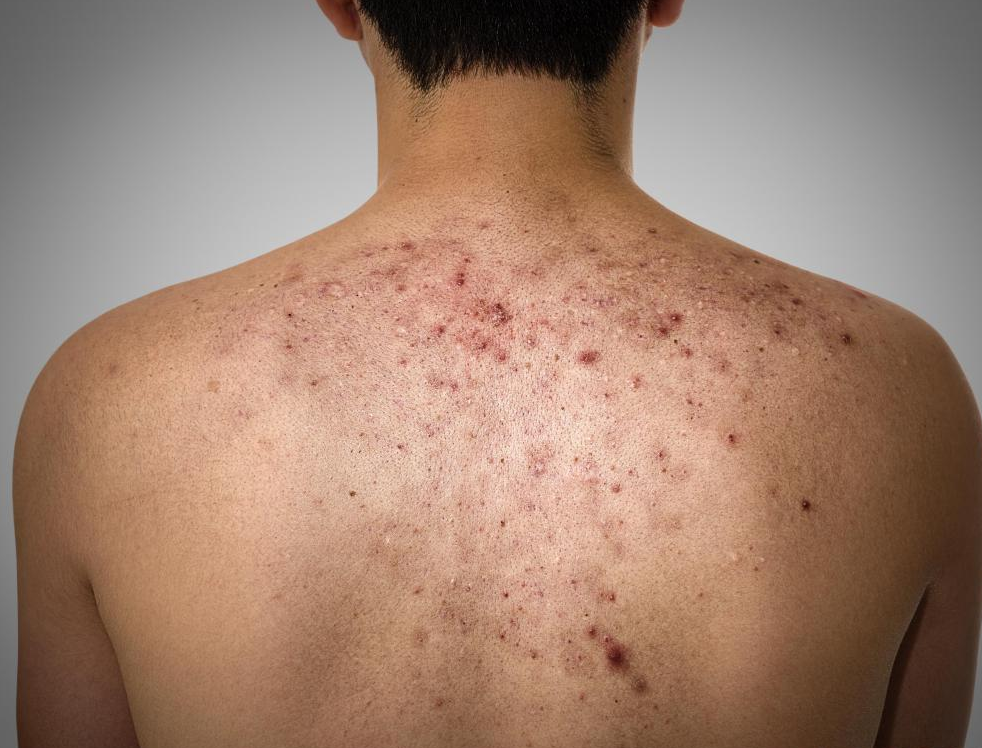
Usually clogged pores attract the conquest of boils causing bacteria. Therefore, when excess sebum combines with dead skin cells and dirt, they will clog the pores, which invites bacteria.
When bacteria sets in, the body’s immune system will respond by sending white blood cells to fight back the bacteria. This will result in a bump filled with pus that includes bacteria, dead skin cells and infection-fighting white blood cells. Maintaining proper hygiene and application of antibiotics treatments can really be meaningful and helpful.
4) Poor nutrition

When you have improper nutrition, it simply means that you lack certain nutrients. Individuals who lack vegetables and fruits in the in diet will definitely lack fundamental vitamins such as vitamins A, B and C that boost our immune system hence protecting our bodies against bacterial infections that may trigger boils.
5) Exposure to allergen and irritants
When your body is exposed to allergens such as certain foods, medications, among others, you are liable to develop allergic response leading to a condition called atopic dermatitis. Severe dermatitis usually leads to the formation of body boils. Irritant items can also lead to the same misfortune so you must identify items you are allergic to or the irritants and keep off from them.
6) Certain medications
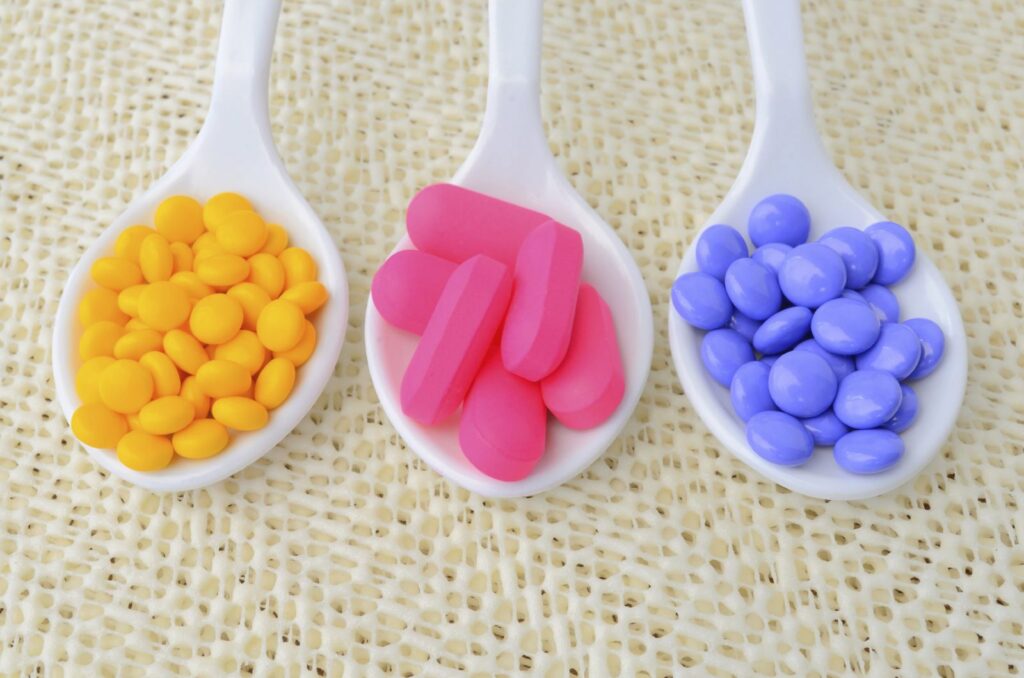
Some medications can potentially increase the chances of developing boils. Some treatments such as treating diabetes using insulin injections can increase the risk of having them in any part of the body. Antibiotic treatments can also lead to the same setback. Therefore, you should be extra keen when using antibiotic medications.
7) Poor personal hygiene
Having indecorous personal hygiene is very dangerous as far as boils are concerned. Just try to imagine where sweat, body oils, dead body cells and dirt will go if you don’t bathe? I am sure you know the consequence! For sure, sweat, body oils, dead skin cells and dirt will sum up to block the pores leading to the formation of boils. So make sure you take a regular shower to get rid of body oils, sweat, dead skin cells and dirt of your skin.
8) Family History (genetics)
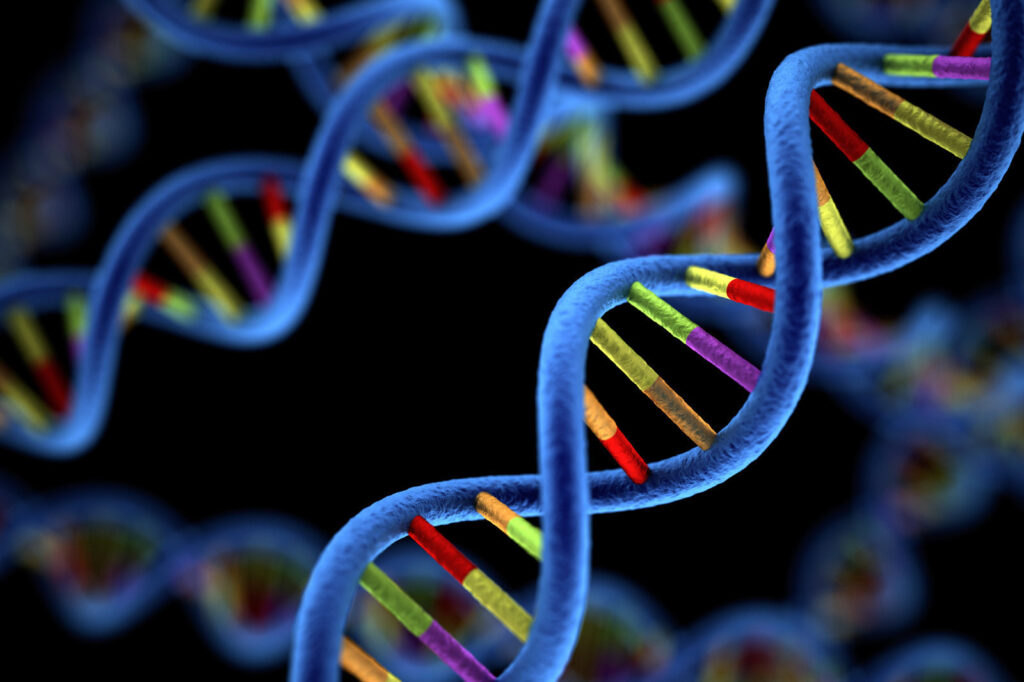
It is said that people with recurrent boils can be associated with family history. This is due to the fact that their occurrence can be influenced by genetics. Such cases can be associated with other skin conditions.
9) Other causes
Apart from the above common causes, more factors can also lead to this problem. They include:
- Drug abuse and alcoholism
- Getting exposed to greasy or oily substances
- Drinking excessive alcohol or smoking as well
- Consumption of sugary and fatty foods
- Obesity or overweight
Symptoms and diagnosis
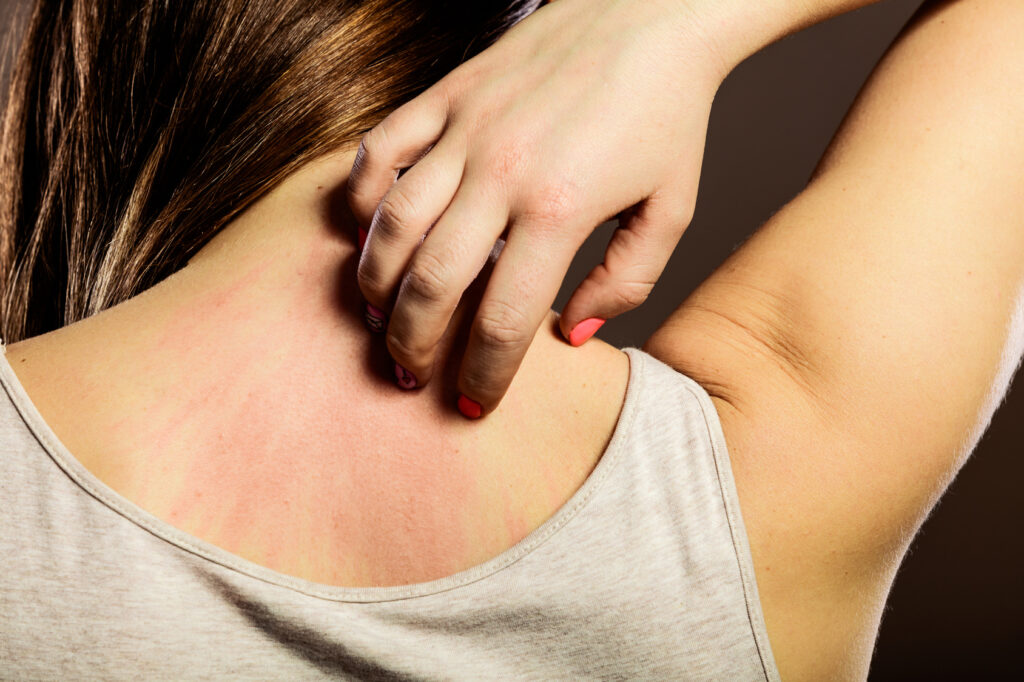
A boil normally begins as a tender, reddish, swollen lump on the skin. After some time, the bumps will be filled with pus. This will be accompanied by pain and the pain will only lessen when it is opened to drain. The common symptoms that accompany boils are as follows:
- Localized redness, swelling and induration
- The swelling will become softer, larger and more painful
- Nearby lymph nodes will become swollen
- Itching before it forms
- Fever and fatigue
- Skin redness around it
- Wheezing, crusting or oozing
- White or yellow centers
When it comes to diagnosis of back boils, the health care provider can examine their physical appearance. He/she may take a sample of the cells from the boils to go a test for Staphylococcus bacteria in the lab. The medical professional can also carry out a blood test to check for the presence of diabetes. The proper diagnostic will help to know the cause of the body and hence enhance proper treatment for boils.
Sometimes, general body boils may also lead to complications that can be mild or severe (life-threatening). The common complications include scarring, infections or abscess of the skin, spinal cord, brain, kidney or other organs.
When the infectious bacteria enter the bloodstream, unfortunately, they can lead to severe harm that can kill the victim. Below is the summary of complications related to body boils:
- Permanent scarring
- Abscess of the skin, Kidney, spinal cord, or other organs
- Brain infection
- Endocarditis
- Osteomyelitis
- Sepsis
- Spinal cord infection
- Spread of infection to other parts of the body or skin surfaces
Can babies get them?
Did you know that those raised red marks on your baby`s skin could be nothing but boils? Yes, it is. The potential causes may be allergens, irritants, poor diet, eczema, poor hygiene, diabetes, immune disorders or body care products i.e. certain soaps. They can occur anywhere in the baby`s skin including the back skin.
If they are on your baby`s skin become more and bigger, you must be very careful. It can be due to some severe underlying conditions. You must visit your doctor, for advice over the same. The symptoms may vary from mild to severe. Some of the symptoms may include swollen lymph nodes, increased body temperature, swollen red skin e.tc.
In incidences where your baby`s body is stricken with reoccurring boils, this may imply that his/her body is colonized with Staphylococcus aureus. This bacterium spreads rapidly from one individual to the other. This can mean that the baby keeps on picking up such bacteria from somebody in the house, probably the mother, the father or the siblings as well as house cleaner.
The best remedies for your baby’s boils are antibiotic treatments and incision and drainage. Also, maintain proper hygiene and diet for your baby.
Large or huge ones
While small boils can just take up to one week to heal, huge and big boils can take a longer period before they clear up. They are normally formed when the hair follicles are blocked deeper in the skin. They are usually very painful. Again, much larger ones may not drain of their own; they may require being drained by a qualified doctor.
Big or large ones may be an indication of serious body organ failure, so make sure you visit your doctor when you start to get worried about the size of your back boil!
Reoccurring back boils
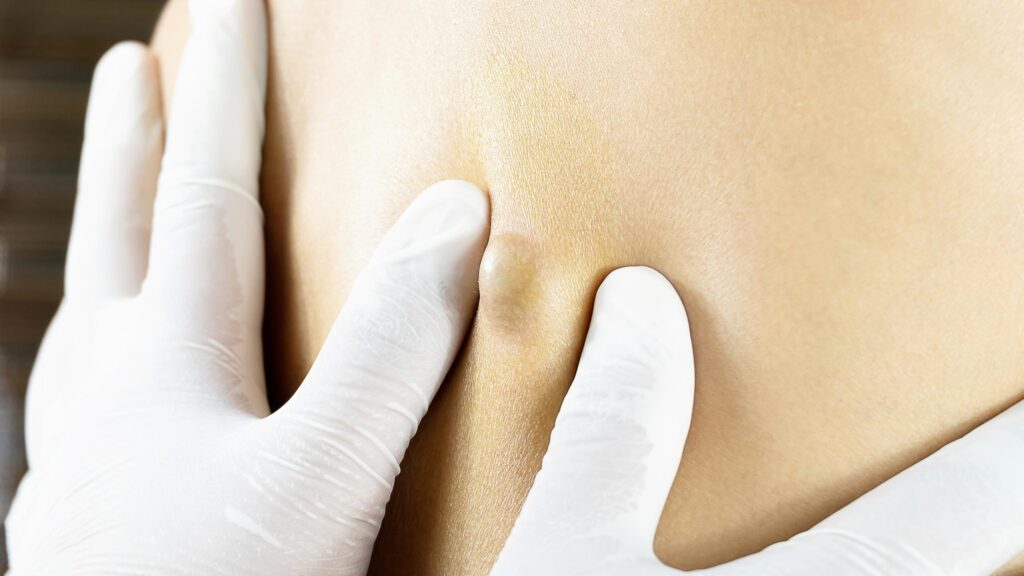
Having a boil on your skin is not strange but you must be worried when you start to develop chronic boils. If persons have no other infections or immune disorders, the probable cause of recurrent ones may be due to colonization S. aureus bacteria. These bacteria are very good at sticking to the skin and can be carried in the nose or on the skin for a long time. As these bacteria can easily be passed around between members of the family, it is very common for several family members to have boils.
Therefore, this kind of colonization is triggered recurrent boils anywhere in the body including the back. Though reoccurring ones may be difficult to stop, here are some remedies that can greatly help.
- Chlorhexidine shower or bath every day for two weeks
- Naseptin medication. Should be taken four times a day for ten days
- The family short not share towels and clothing
The remedies above should be applied by all members of the family at the same time.
How to get rid of boils on the back? – Treatments
Treating boils will depend on the primary causes in relation to their severity. Some of the mild boils can just clear up of their own but they are some severe or reoccurring one that usually requires doctor`s intervention.
In case of less serious boils, home and over the counter remedies can be used to treat them, but in severe cases, advanced treatments such as surgery by medical professionals may be necessary. In this section, we are going to touch on medical treatments before we later look at home remedies.
Medical treatments
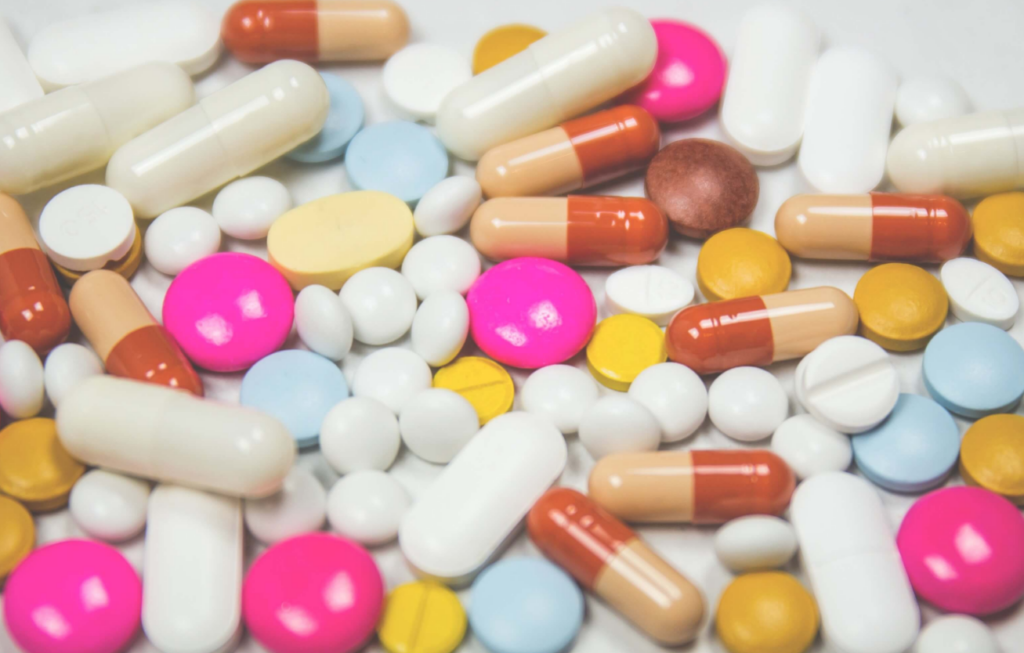
If you are looking for good medical treatments for your boil problem, you can give a try to the following:
a. Over the counter painkillers
OTC painkillers are very effective for the pain caused by pressure applied to nerve endings by the accumulated pus. Such painkillers include Advil and Ibuprofen. They can really provide a painful boil relief. Remember strong painkillers are not usually the best medication for boils.
b. Incision and Drainage
This surgical treatment is performed alongside the application of anesthesia. The surgeon usually pierces the boil to drain the pus. He/she places a dressing over the cut to absorb more discharge. The dressing is changed frequents and kept clean and dry. Antibiotics may also be used in the process to combat infections. This treatment is normally done in serious cases.
c. Antibiotic Medications
Antibiotics for boils can be applied to severe infections. Based on the status and cause, the doctor may prescribe the following drugs: flucloxacillin, clarithromycin or erythromycin. Strong antibiotic especially oral antibiotics usually emerge some dreadful side effects, so you should be extra keen.
Home Remedies
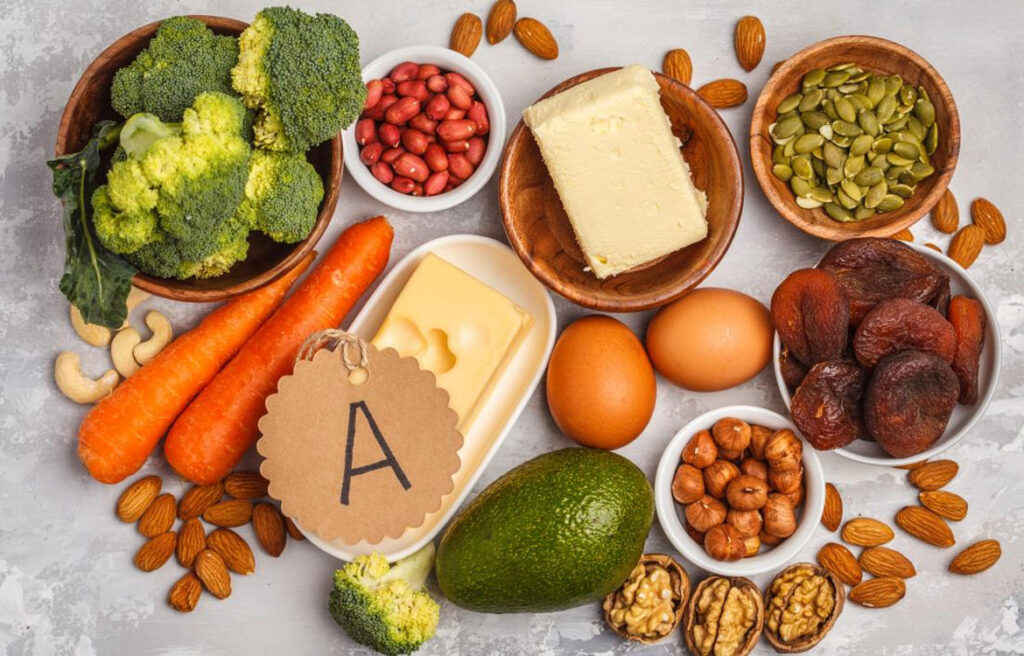
There are several home remedies, which can be used to get rid of back boils. They include the use of home products that have the antibacterial, antifungal, antiseptic and moisturizing properties that help clear the causing bacteria and soothe the skin as well as providing boil pain relief.
Actually, such remedies are effective for mild or moderate boils but not severe boils! Here are the home remedies/products that can really manage them on skin:
- Including Vitamin A and E in your diet (define a proper diet)
- Application of tea tree oil on the affected skin
- Application of castor oil
- Application of egg whites
- Try applying Epsom salt
- Rub onions on the affected skin
- Use turmeric, Neem or aloe vera to clear the boils
- Apply warm compresses
- Take regular bath
- Use antibacterial soaps
Warning: some of these products can be irritants to those with sensitive skins, visit your doctor for further advice.
When to seek medical care

You need to call your doctor if the boil :
- Doesn’t respond to OTC and home remedies
- The pain becomes very severe
- Does not ooze pus
- The skin around it becomes red
- You start to develop more including in other places such as the face, armpit, groin area, buttocks, etc.

